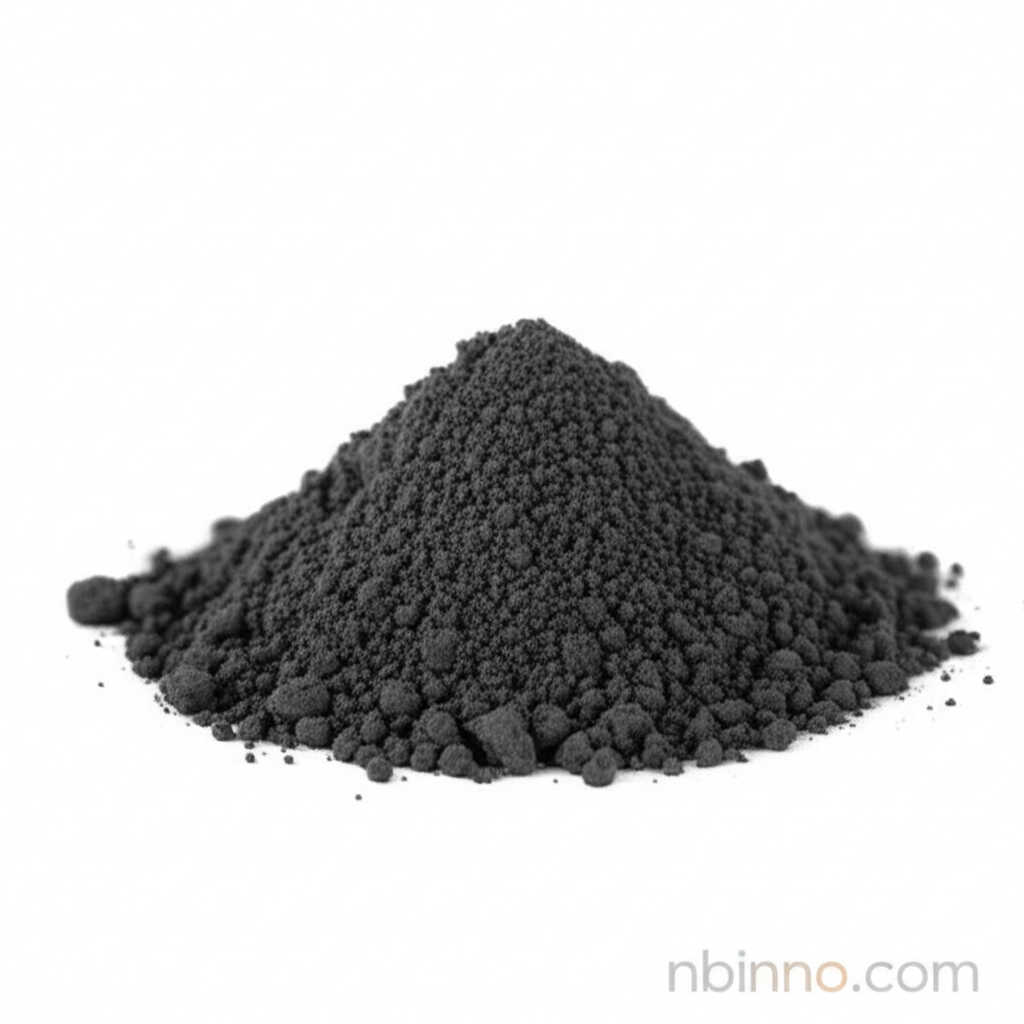Understanding Magnesium Stearate: Properties, Lubrication Performance, and Impact on Tablet Quality
Exploring the critical role of Magnesium Stearate in pharmaceutical manufacturing and its influence on tablet characteristics.
Get a Quote & SampleProduct Core Value

Magnesium Stearate
Magnesium Stearate is a vital pharmaceutical excipient, primarily functioning as a lubricant, anti-adhesive, and glidant in tablet and capsule formulations. Its application is critical for ensuring smooth manufacturing processes, enhancing powder flowability, and facilitating the efficient ejection of tablets from machinery. Understanding its precise properties, such as fatty acid composition and physical characteristics, is key to optimizing its performance in complex pharmaceutical preparations.
- Magnesium stearate lubrication performance is a critical factor in ensuring the efficiency of tablet manufacturing, directly impacting ejection force and reducing wear on equipment.
- The fatty acid composition of magnesium stearate, particularly the ratios of stearate and palmitate, significantly influences its hydrophobic nature and consequently affects tablet disintegration and drug release rates.
- Investigating the impact of magnesium stearate concentration and blending duration is crucial for controlling tablet properties like tensile strength and ejection force, minimizing manufacturing defects.
- As a widely used pharmaceutical excipient magnesium stearate plays an indispensable role in achieving desired tablet characteristics, from flowability to final product integrity.
Key Advantages
Enhanced Manufacturing Efficiency
The precise application of magnesium stearate as a lubricant, a key aspect of its magnesium stearate lubrication performance, significantly boosts the efficiency of the tablet manufacturing process by reducing friction.
Optimized Tablet Quality
By carefully managing magnesium stearate concentration and blending duration, manufacturers can achieve optimized tablet properties, ensuring consistency in mechanical strength and ejection characteristics.
Controlled Drug Release Profiles
Understanding the influence of the fatty acid composition of magnesium stearate allows for better control over tablet disintegration and drug release magnesium stearate profiles, ensuring therapeutic efficacy.
Key Applications
Tablet Lubrication
As a premier dry lubricant, magnesium stearate is essential for preventing tablet sticking during ejection, a critical aspect of tablet ejection force lubricant studies.
Powder Flow Improvement
The use of magnesium stearate as a glidant aids in improving powder flowability, a crucial element in ensuring uniform die filling during tablet compression, as explored in optimizing tablet formulation.
Anti-Adhesive Properties
Its anti-adhesive properties are vital for preventing tablet adherence to punches and dies, directly impacting the quality and consistency of the final tablet product.
Formulation Stability
The inert nature of magnesium stearate makes it a stable component in various formulations, contributing to the overall reliability of the pharmaceutical tablet manufacturing process.
